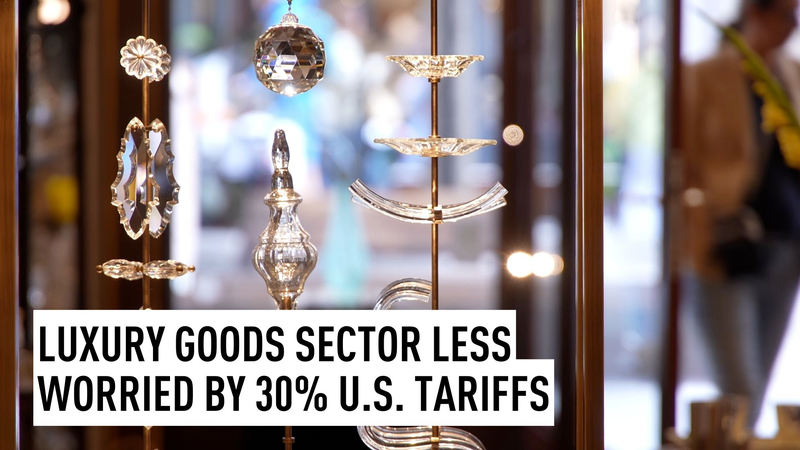When the U.S. slapped a 30% tariff on certain European imports, many brands braced for a sales slump. But at Vienna's Lobmeyr, the 200-year-old glassware and chandelier maker, the outlook remains bright.
"Of course with a luxury product the impact won't be that strong," says Leonid Rath, Lobmeyr's managing partner. He argues that the quality of craftsmanship and the affluence of customers cushion the blow. From Habsburg palaces to New York's Met Opera, Lobmeyr pieces have long found homes among discerning buyers.
Rath notes that while one-fifth of Lobmeyr's glassware goes to customers in the United States, it's ultimately U.S. buyers who will shoulder the extra costs. "In the end it will be about raising the prices," he explains, confident that clients will continue to pay premium rates for heritage design.
Other luxury firms may feel more pressure, but Lobmeyr's story highlights a wider trend: in the premium market, brand legacy and exceptional quality can outweigh even hefty tariffs.
For young global citizens, entrepreneurs, and digital nomads, this example shows how values like craftsmanship and heritage can play a starring role in today's complex trade landscape. How will your favorite brands adapt?
Reference(s):
cgtn.com



